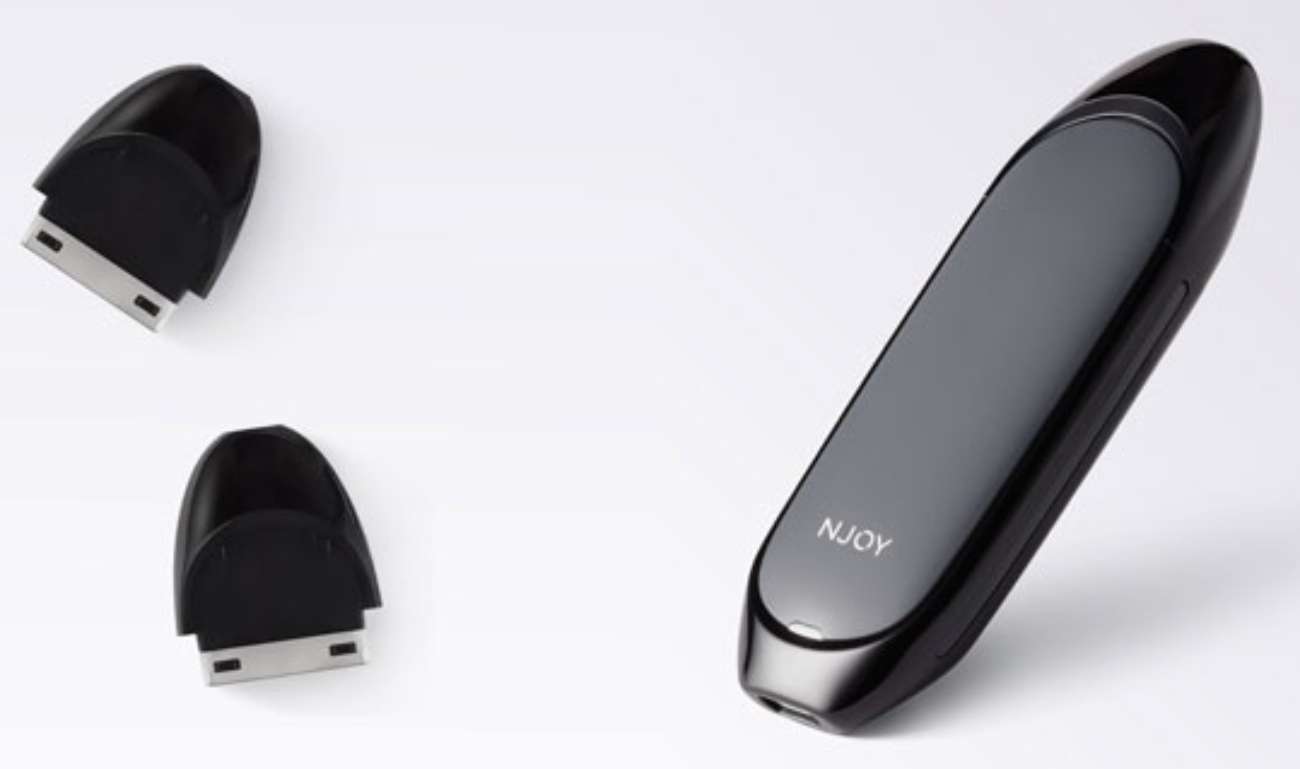The Food and Drug Administration (FDA), previously only permitting tobacco-flavored nicotine vaping products, has now officially approved the sale of menthol-flavored NJOY Daily disposable e-cigarettes and menthol-flavored pods for the previously authorized NJOY Ace device “after extensive scientific review.” This decision reflects the FDA’s preference for closed, nonrefillable “electronic nicotine delivery systems” (ENDS) and its aversion to allowing former smokers to purchase their preferred flavors, sacrificing adult consumer interests in the name of preventing underage use.
According to the FDA, “Evidence submitted by the applicant showed that these menthol-flavored products provided a benefit for adults who smoke cigarettes relative to that of the applicant’s previously authorized tobacco-flavored products—in terms of complete switching—that is sufficient to outweigh the risks of the product, including youth appeal.” The agency is applying a standard established by the Family Smoking Prevention and Tobacco Control Act of 2009, which mandates the approval of new nicotine products when they are deemed “appropriate for the protection of public health.”
In the evaluation of ENDS products, the FDA weighs the benefit of helping adult smokers quit against the risk of appealing to teenagers. However, these judgments are uncertain and debatable, with no clear formula for balancing the benefits of increased smoking cessation among adults against the risk of underage vaping. The FDA refuses to consider the potential benefit of replacing smoking with vaping among teenagers, further complicating the decision-making process.
The FDA’s interpretation of the “public health” standard seems to contradict its statutory mission to minimize risks and maximize benefits for the population as a whole. By making value judgments based on predictions of adult and teenage behavior, the FDA’s approach may lead to arbitrary bureaucratic decisions.
Overall, the FDA’s regulatory framework raises concerns about restricting consumer choice in the name of public health. The agency’s criteria for evaluating the benefits and risks of specific vaping products appear inconsistent and lacking in clear measurement standards, leading to uncertainty and potential arbitrary actions.
Surveys suggest that former smokers prefer flavors other than those approved by the FDA, indicating a disconnect between consumer preferences and regulatory decisions. The FDA’s selective approval of certain flavors based on individual product evaluations raises questions about the agency’s approach to regulating vaping products.
The preference for flavored e-cigarette products among users has been studied extensively. A 2022 study found that sweet flavors were the most popular choice among participants, followed by menthol/mint, tobacco, and other flavors. Another study from 2019 suggested that using multiple flavors at the start of e-cigarette use may discourage users from rejecting e-cigarettes, while the use of traditional cigarette flavors like tobacco and menthol may contribute to sustained smoking. Additionally, a 2022 study indicated that e-cigarette users who used non-tobacco flavors were more successful in quitting compared to those using non-flavored or tobacco-flavored e-cigarettes. Interestingly, a study in 2023 discovered that restrictions on flavored vaping products were associated with an increase in smoking, contradicting the intended goal of the FDA.
Despite some inconclusive evidence on the impact of flavored e-cigarettes on smoking cessation outcomes, it is clear that allowing smokers to choose the flavors they prefer may encourage them to try vaping and continue using it. Limiting flavor options could potentially lead to more smoking-related diseases and deaths, which goes against the goal of protecting public health. The FDA has acknowledged this point in relation to menthol e-cigarette products, but has only applied it to specific approved products. A more consumer-friendly approach would empower adults to make their own decisions about which products are best for them, without bureaucratic interference.
Source link






